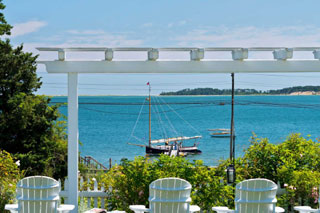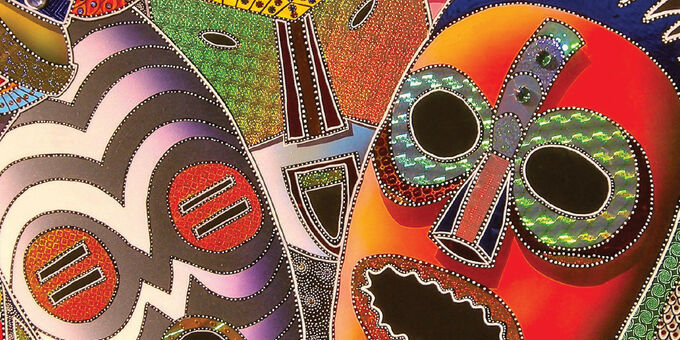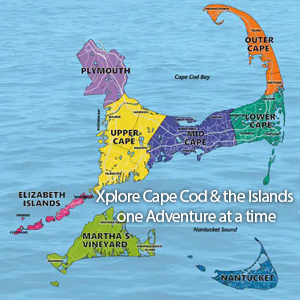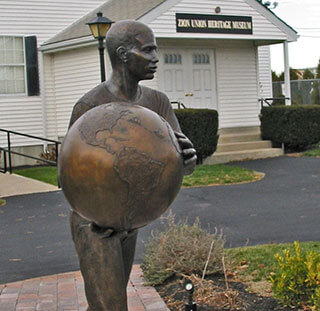 As Black History month arrives this year, we choose to focus on Margaret Moseley.
As Black History month arrives this year, we choose to focus on Margaret Moseley.
Many locals don’t realize the contributions made by Cape Verdeans, African Americans, and other people of color in Cape Cod’s history. Undoubtedly, they reflect the Cape Cod we know today. They have been a part of the regions arts and sciences, whaling, and cranberry cultivation industries. In addition, they have played a pivotal role in the civil rights movement. To celebrate the unparalleled contributions, the Zion Union Heritage Museum showcases the history that locals have bestowed on Cape Cod. The establishment has a diverse collection of artifacts, books, documents, art, and more showcasing the area’s history.
The Cape Verdean Club of Falmouth is an iconic established and the oldest such organization in the nation. It serves to educate the public on the history, culture, and language. They host a variety of events such as organizations and festivals. Each year they host the Cape Verdean Festival during the autumn.
Margaret Moseley and Black History Month
Margaret Moseley (1901 to 1997) served a local civil rights activist who focused on community peace. She graduated in 1919 from Dedham High but racial discrimination prevented her from pursuing her dream of becoming a nurse.
Moseley remembered how her dream of becoming a nurse died. She wrote the following, “ Finally, in my last year, the other young woman—the one who was the only other person of color—and I thought it would be nice if we were to do something together such as studying nursing. So, we determined that as soon as we graduated, we would study nursing. In those days you didn’t have to go to college, you could do three years of training and be a qualified R.N. I saw no way to get the money to go to college. I thought nursing would be something I could do.…………….Ruth and I tried Massachusetts General and other hospitals in Boston to be accepted for training. There wasn’t a hospital in Boston that would take us. They told us very candidly that they did not accept colored people for training. Ruth’s people were from the Washington D.C. area, so there wasn’t too much of a problem with her. Her mother said, “If they won’t take you in Boston, you don’t have to feel bad. You can work at a Freedman’s Hospital in Washington. You’ll get just as good training, and you won’t have to be putting up with discrimination.”
I asked my parents if I could go, too, but they wouldn’t let me. To them I might as well say I was going to Mississippi, Alabama, Georgia, anywhere in the Deep South. They had such a horror of life in the South that my mother said, “Indeed, we will not let you go down there.”
On the Path Towards Becoming a Humanitarian
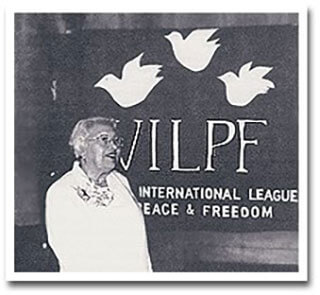 When the pathway towards becoming a nurse was blocked, Moseley refocused her efforts elsewhere. Despite many roadblocks, she strived to become a humanitarian. She used her personal hardships and suffering to better understand others and to speak out which quickly turned to activism.
When the pathway towards becoming a nurse was blocked, Moseley refocused her efforts elsewhere. Despite many roadblocks, she strived to become a humanitarian. She used her personal hardships and suffering to better understand others and to speak out which quickly turned to activism.
She moved to the Cape in 1961 where she helped established the National Association for the Advance of Colored People with Eugenia Fortes. She spoke at the Unitarian Church of Barnstable to the Sunday School meeting about meeting with Marin Luther King in 1958. During her life she continued to stand strong and fight against racism and injustice.
Moseley strived to serve the community and quickly discovered one of the leading problems – housing. She set out to ensure the building of nondiscrimination and non-segregation housing in the area. Moseley quickly founded the Fair Housing Committee to fight against housing discrimination.
In addition to serving the community, Moseley also was the legislative chairperson for the Women’s International League for Peace and Freedom. She went to the United Nations often to stand up for those who could not.
Throughout the years, her community outreach remained ongoing throughout the Cape. She was always working for a multitude of causes such as the Elder Services of Cape Cod and the Islands and the Mass. Society for the Prevention of Cruelty to Children.
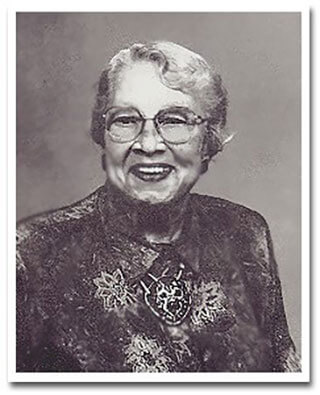 Anyone interested in learning more about Margaret Moseley then we suggest reading her moving memoirs, “Moving Mountains One Stone at a Time: Memoirs of Margaret Moseley.” In her memoirs she outlines how she could have been easily led into a lifetime of bitterness due to the discrimination she had experienced. However, she decided not to focus on the hardships and instead to save the next generation from going through what she had been forced to experience.
Anyone interested in learning more about Margaret Moseley then we suggest reading her moving memoirs, “Moving Mountains One Stone at a Time: Memoirs of Margaret Moseley.” In her memoirs she outlines how she could have been easily led into a lifetime of bitterness due to the discrimination she had experienced. However, she decided not to focus on the hardships and instead to save the next generation from going through what she had been forced to experience.
Margaret Moseley stated in the Margaret Moseley Papers 1943 -1997, “I don’t know anybody who started life with as many strikes against her as I, who has had as many opportunities in life to meet important and interesting people who are doing things to make a better world.”
This year, Black History month highlights Margaret Moseley and her contributions to the Cape Cod area. For more articles on Black History on Cape Cod, check out our stories on the Museum of African American History in Nantucket, the History of Inkwell Beach, or the Maritime Routes of the Underground Railroad on Cape Cod.



